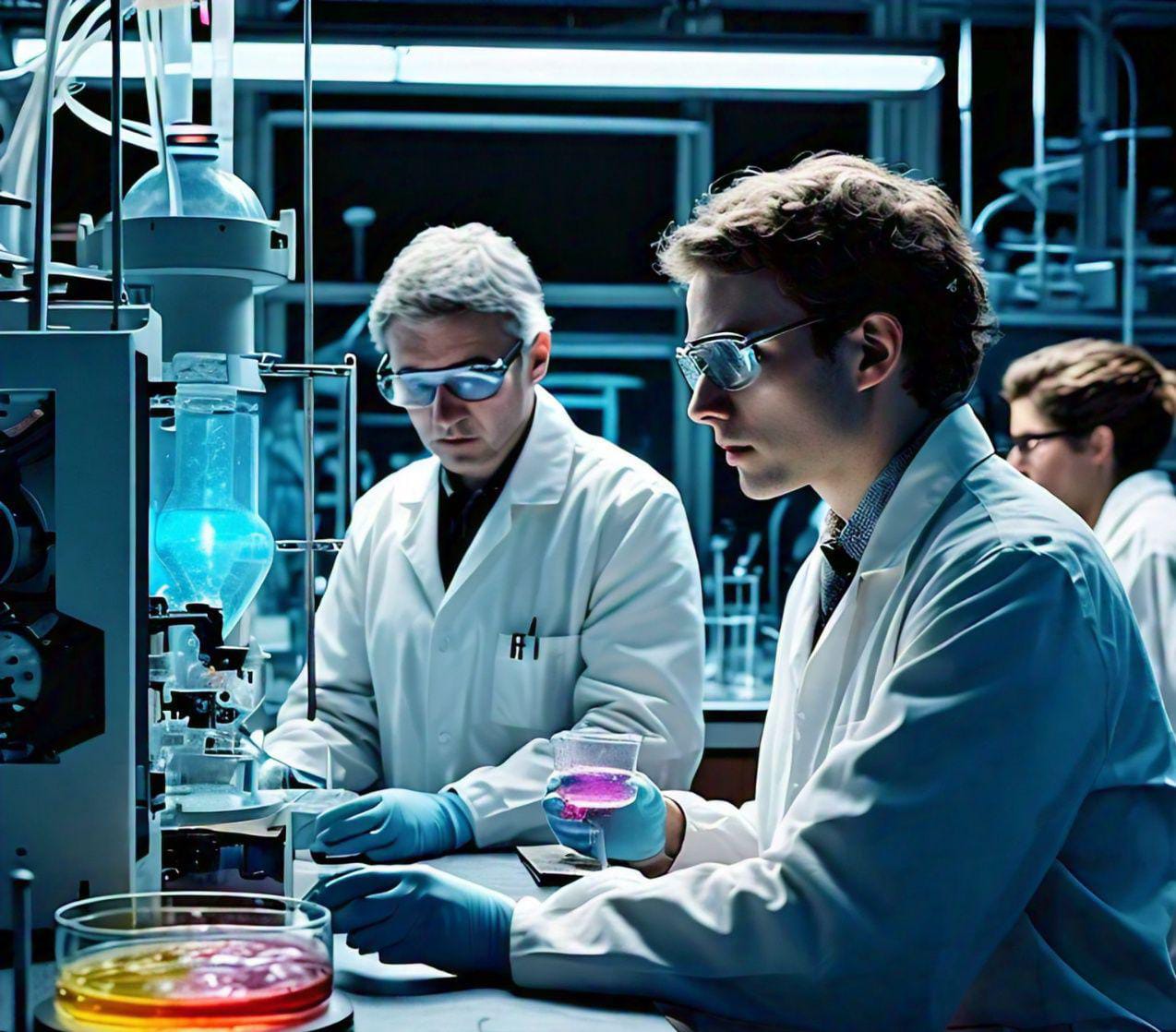Introduction
Biotechnology has undergone a remarkable transformation over the years, evolving from rudimentary practices to sophisticated techniques that have revolutionized various sectors. The dawn of modern biotechnology marks a pivotal moment in human history, where scientific advancements have unlocked the potential of living organisms to address some of the most pressing challenges facing society.
Exploring the Origins of Biotechnology
Understanding the Historical Context
Biotechnology traces its roots back to ancient civilizations, where humans manipulated living organisms for practical purposes such as food fermentation and agriculture. However, it wasn’t until the 20th century that biotechnology emerged as a distinct field with the discovery of DNA’s structure and function.
The Emergence of Genetic Engineering
Unlocking the Power of DNA
The discovery of the double helix structure of DNA by James Watson and Francis Crick laid the foundation for genetic engineering. This breakthrough paved the way for scientists to manipulate DNA molecules, leading to the development of recombinant DNA technology.
Recombinant DNA Technology: A Game Changer
Recombinant DNA technology involves the splicing of DNA from different sources to create genetically modified organisms (GMOs) with desired traits. This technique has revolutionized fields such as medicine, agriculture, and industry, enabling the production of valuable proteins, enzymes, and hormones.
Gene Editing Techniques: CRISPR-Cas9 Revolution
The advent of CRISPR-Cas9 gene editing has further transformed biotechnology, offering precise and efficient tools for modifying DNA sequences. CRISPR-Cas9 has countless applications, from correcting genetic defects to engineering drought-resistant crops.
Applications in Medicine
Biopharmaceuticals: Revolutionizing Drug Development
Biotechnology has revolutionized the pharmaceutical industry by facilitating the production of biopharmaceuticals – drugs derived from biological sources such as proteins and antibodies. Biopharmaceuticals offer targeted treatments for various diseases, including cancer, autoimmune disorders, and genetic conditions.
Insulin Production: From Animal Sources to Recombinant DNA
One of the most significant advancements in biotechnology is the production of insulin through recombinant DNA technology. Prior to this innovation, insulin was extracted from animal sources, posing challenges in terms of supply and purity. Recombinant DNA technology has enabled the mass production of insulin, ensuring a stable supply for individuals with diabetes worldwide.
Gene Therapy: Correcting Genetic Defects
Through the replacement or repair of damaged genes, gene therapy offers hope for the treatment of genetic illnesses. This revolutionary approach has the potential to cure inherited diseases such as cystic fibrosis, muscular dystrophy, and sickle cell anemia, offering hope to millions of patients.
Agricultural Biotechnology
Enhancing Crop Yields and Resilience
Biotechnology has transformed agriculture by enhancing crop yields, resilience, and nutritional value through genetic modification. Genetically modified organisms (GMOs) are engineered to withstand pests, diseases, and environmental stressors, thereby improving agricultural productivity and food security.
Genetically Modified Organisms (GMOs): Addressing Food Security Challenges
GMOs have been instrumental in addressing global food security challenges by increasing crop yields and reducing losses due to pests and diseases. Crops engineered for herbicide tolerance and insect resistance have become widespread, contributing to sustainable agriculture practices.
Pest and Disease Resistance: Engineering Resilient Crops
Biotechnology offers innovative solutions for combating pests and diseases that threaten crop production. By introducing genes for pest resistance and disease tolerance, scientists can develop resilient crop varieties capable of thriving in diverse environmental conditions.
Environmental Biotechnology
Mitigating Pollution and Promoting Sustainability
Biotechnology plays a crucial role in environmental remediation and sustainable development by harnessing the power of microorganisms to degrade pollutants and produce renewable energy.
Bioremediation: Cleaning up Contaminated Sites
Bioremediation involves using living organisms to detoxify polluted environments, such as soil, water, and air. Microorganisms capable of metabolizing harmful substances break down contaminants into harmless byproducts, facilitating the cleanup of contaminated sites.
Biofuels: Renewable Energy Sources from Biomass
Biotechnology offers sustainable alternatives to fossil fuels through the production of biofuels from biomass sources such as crops, algae, and waste materials. Biofuels reduce greenhouse gas emissions and dependence on finite resources, promoting a greener and more sustainable energy future.
Ethical Considerations
Balancing Progress with Responsibility
As biotechnology continues to advance, ethical considerations surrounding its applications become increasingly complex. Striking a balance between scientific progress and ethical responsibility is essential to ensure that biotechnological innovations benefit society while minimizing potential risks.
GMO Labeling and Consumer Awareness
The labeling of genetically modified organisms (GMOs) and consumer awareness are critical issues in biotechnology, as consumers have the right to make informed choices about the products they purchase and consume. Transparent labeling practices promote transparency and foster trust between consumers and producers.
Privacy and Consent in Genetic Testing
The widespread use of genetic testing raises concerns about privacy, data security, and informed consent. Safeguarding individuals’ genetic information is paramount to prevent misuse and discrimination while ensuring that individuals have control over their genetic data.
Future Trends
Advancements on the Horizon
The future of biotechnology holds exciting possibilities, with emerging technologies poised to revolutionize healthcare, agriculture, and the environment.
Synthetic Biology: Designing Life from Scratch
Synthetic biology involves designing and constructing biological systems with novel functions not found in nature. This interdisciplinary field has applications in medicine, energy, and materials science, offering innovative solutions to complex challenges.
Personalized Medicine: Tailoring Treatments to Individuals
Personalized medicine represents a paradigm shift in healthcare, where treatments are tailored to individual patients based on their genetic makeup, lifestyle, and environmental factors. This strategy has the potential to lessen side effects and enhance patient outcomes.








